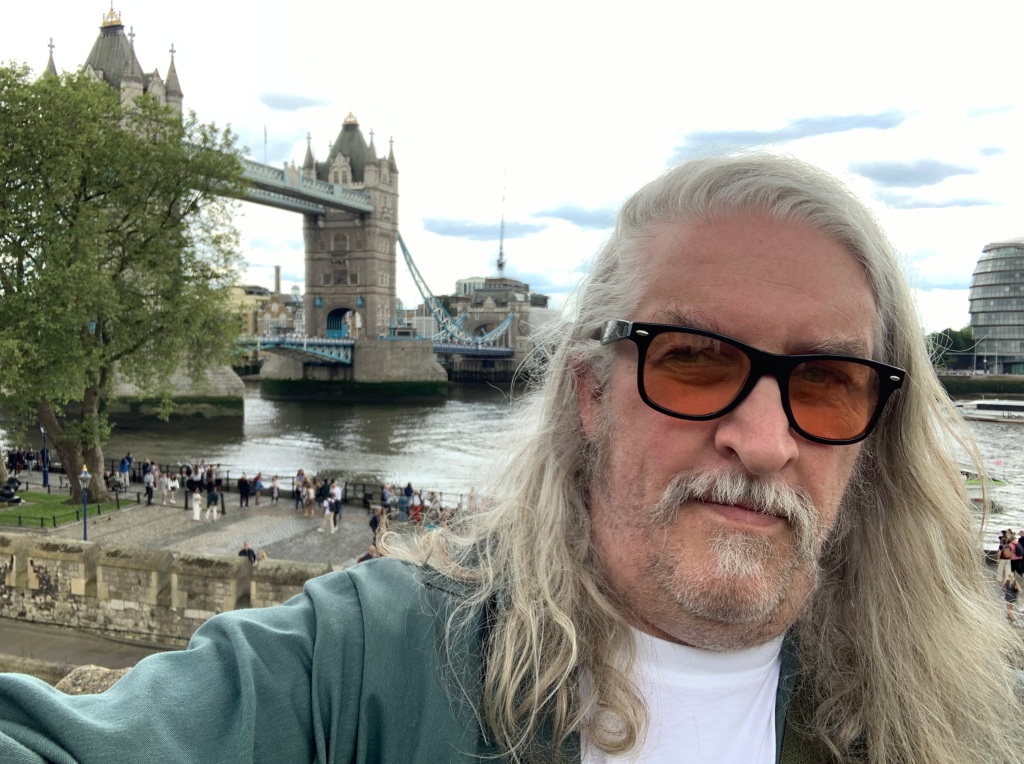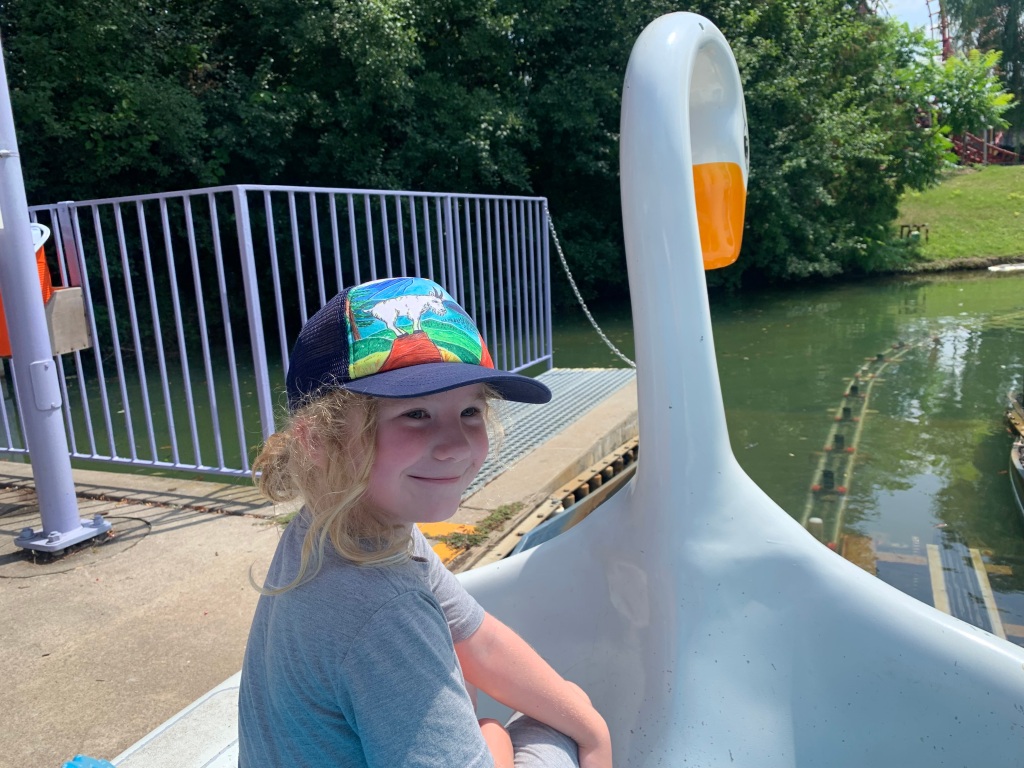
Welcome to the 5 Questions Series. Each week, I’ll ask five questions of some of my favorite authors, editors, publishers, and other industry professionals. This week, I’m talking with rob mclennan.
You have a new book of short stories coming out in august. Can you talk a little about that collection?
On Beauty (University of Alberta Press) is made up of thirty-two short, sharp stories that focus on the intimate, the domestic and the immediate. I tend to think of them as Lorrie Moore in scope and scale, but Lydia Davis in size and form.
One of the disservices people do is to tell writers a short story collection is a hard sell. Can you talk about your path to publication for your collection?
Collections of short stories appear all the time with all sorts of publishers by all sorts of writers, so I don’t know how “hard sell” the form is (despite having heard this multiple times myself over the years). Still: I think I went through thirty rejections for the manuscript over seven years before I managed to find a publisher. I started working on the first stories in December 2011, and had a manuscript I began shopping around by September 2016. Through the process of awaiting publisher-responses (my original first attempt at submission took three and a half years to respond), I did some rather significant rewrites, for which I remain grateful. I’m also deeply pleased to be working again with University of Alberta Press.
What advice would you give other writers who are drawn to short stories?
Like any other writerly advice: read as much as possible, don’t be afraid of revision or failure, find your people, and just keep writing. You only achieve the things you spend the time doing.
You released a book of poetry last year through ARP Books. What are the challenges in writing poetry over short stories and do you have a preference for one form or the other?
I don’t have a specific preference over form, and certainly wouldn’t see them as two poles but simply two different perspectives across many. The short lyric, for example, is far different than the ghazal sequence, or the book-length open form. I had originally spent my teens and early twenties writing prose and poetry, drawing, painting and playing music before I decided to focus on poetry, which I did almost exclusively for a decade before returning to a broader sense of form. I think my writing has long been attempting to explore what might be possible through other forms, other shapes. I see writing as both response and conversation, and there is so much more to learn.
What are you working on now?
I’ve been nearly a year working a book-length essay around genealogical research, including my more-recently-discovered biological threads, in a project titled “the genealogy book,” and what implications, if any, these new discoveries might hold. I’ve been posting self-contained work-in-progress excerpts of this for a while now to my substack. Once this manuscript is further along, I sure would like to get back to that novel I began across Covid, especially since it furthers some threads in this forthcoming short story collection (some of which also further a thread from my second published novel, Missing Persons). Since November, I’ve been poking at a book-length poetry response to a poetry title by Laynie Browne, which was itself a book-length response to a poetry title by Rosmarie Waldrop. I’m working some essays, also, on Anne Carson, Sheila Heti and Lydia Davis as part of an ongoing manuscript of short essays exploring prose writers and their work. I’m also nearly two dozen stories into a further collection (including two that I may have finished yesterday). I’m not in a hurry on that one, although I have been working on it a bit more lately. There are other things I’m working on, also.
Bonus question: Have you ever taken a picture of a weird bird?
I don’t know about weird, but here’s a picture of my youngest daughter last summer riding a swan-shaped boat ride last summer in Story Book Park, right by Meaford, Ontario. Over the years, I’ve most likely taken at least one or two snapshots of odd birds, but off the top of my head nothing strikes my recollection.

Born in Ottawa, Canada’s glorious capital city, rob mclennan currently lives in Ottawa, where he is home full-time with the two wee girls he shares with Christine McNair. The author of more than thirty trade books of poetry, fiction and non-fiction, he won the John Newlove Poetry Award in 2010, the Council for the Arts in Ottawa Mid-Career Award in 2014, and was longlisted for the CBC Poetry Prize in 2012 and 2017. In March, 2016, he was inducted into the VERSe Ottawa Hall of Honour. His most recent titles include the poetry collection World’s End, (ARP Books, 2023), a suite of pandemic essays, essays in the face of uncertainties (Mansfield Press, 2022) and the anthology groundworks: the best of the third decade of above/ground press 2013-2023 (Invisible Publishing, 2023). His collection of short stories, On Beauty (University of Alberta Press) is scheduled to appear in August 2024. An editor and publisher, he runs above/ground press, periodicities: a journal of poetry and poetics and Touch the Donkey [a small poetry journal]. He is editor of my (small press) writing day, and an editor/managing editor of many gendered mothers. He spent the 2007-8 academic year in Edmonton as writer-in-residence at the University of Alberta, and regularly posts reviews, essays, interviews and other notices at robmclennan.blogspot.com
rob’s presence on the web:
rob’s substack
rob’s author page
rob’s blog
